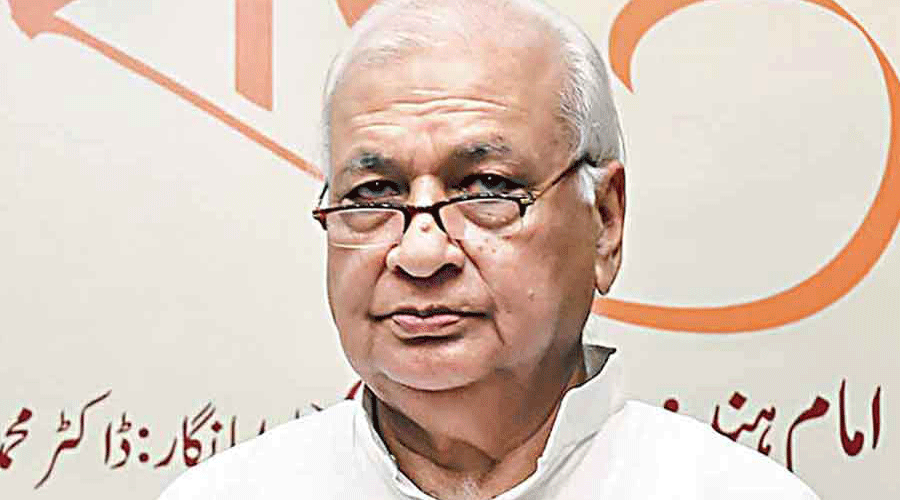A new southern confederation of states seems to be coalescing — against their respective governors. In Tamil Nadu, the Dravida Munnetra Kazhagam has written to the president, alleging unconstitutional conduct on the part of its governor, R.N. Ravi. Mr Ravi, the DMK has alleged, has been rather slow to respond to bills passed by the assembly. His differences with the DMK government on the national eligibility cum entrance test exemption bill as well as his endorsement of the three-language policy have widened the rift. Meanwhile, Kerala, where the Left Democratic Front is in power, has brought about an ordinance to remove its governor, Arif Mohammed Khan, as chancellor of universities in the state. Mr Khan has been in the news, both for his cantankerousness and his bullish opposition towards the Kerala government. Telangana has been complaining too; about the perceived prejudicial conduct of its governor who has responded by alleging that her phone is being tapped at the behest of the Telangana Rashtra Samithi government. The bugle against governors has been heard elsewhere too. The stint of the former Bengal governor, Jagdeep Dhankhar, was marked by unprecedented fractiousness with the government led by Mamata Banerjee. Maharashtra, when it was under the Maha Vikas Aghadi regime, had been a witness to tensions between the offices of the governor and the government as well.
Governors, theoretically, are the holders of a benign office. But India’s political history would show that the office has often been weaponised by the dispensation at the Centre, which appoints governors to states. Both the Congress and the Bharatiya Janata Party are guilty of this. So the governor versus government conflict is only to be expected, especially in states where Opposition parties are in power. This antagonism bears evidence of two important failures on the part of the minders of the republic. First, the Constitution had envisioned the gubernatorial role as one that would lie above the pulls and pressures of politics. That vision has been corrupted. The blame must be shared by authoritarian Central governments and pliant governors. Complicity is known to reap rewards. This erosion, in turn, exposes another lapse: the marginalisation of the principle of federalism in political and public rhetoric. A feud between the holder of a constitutional office — the governor in this case — and an elected government of an Opposition party is hardly the best advertisement for a seamless federal arrangement. Yet, the transgression continues to elude wider scrutiny and disapproval.

